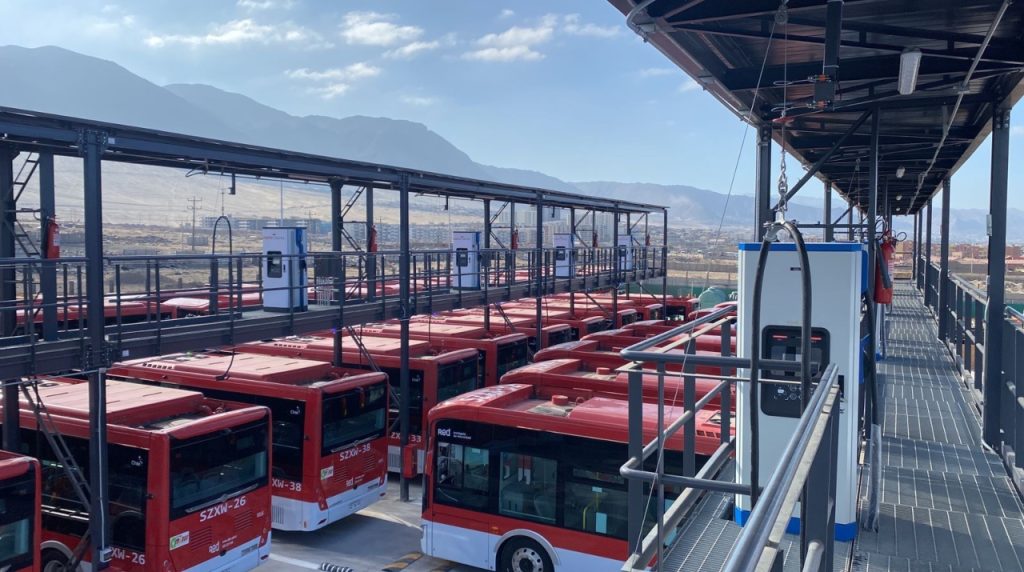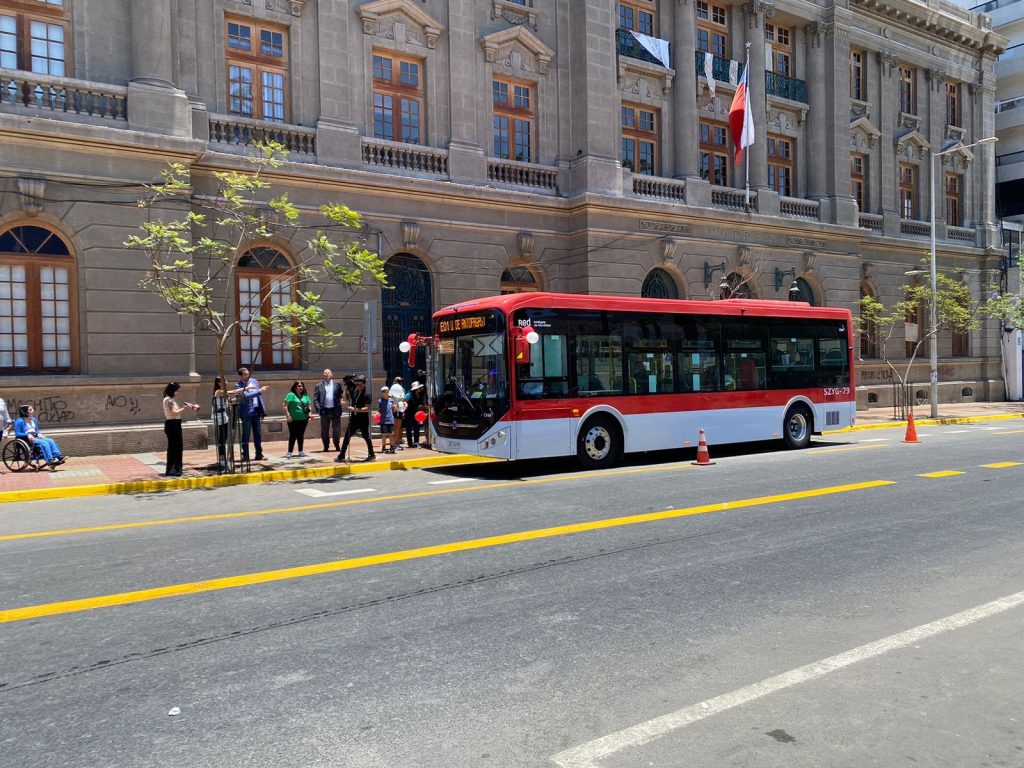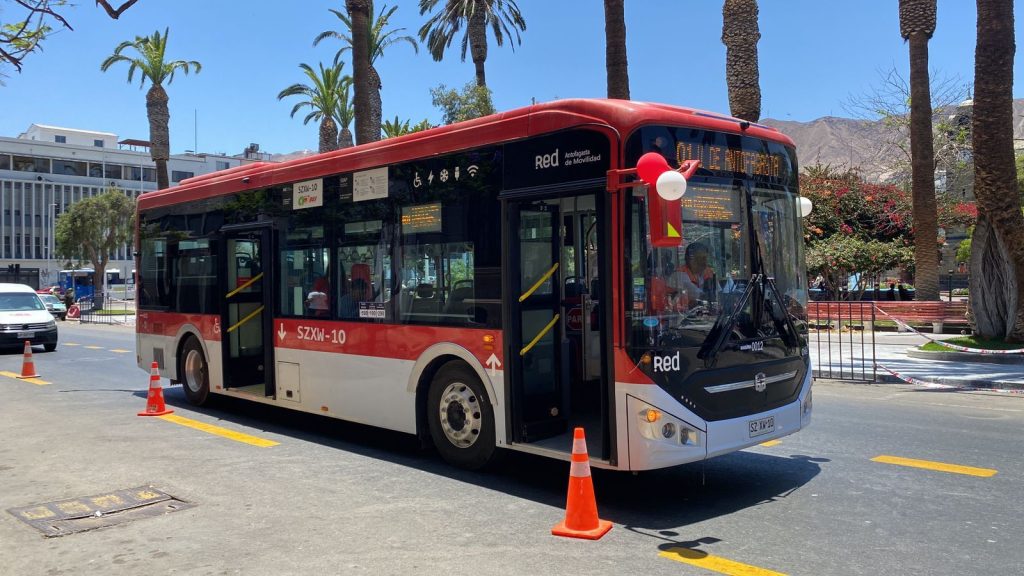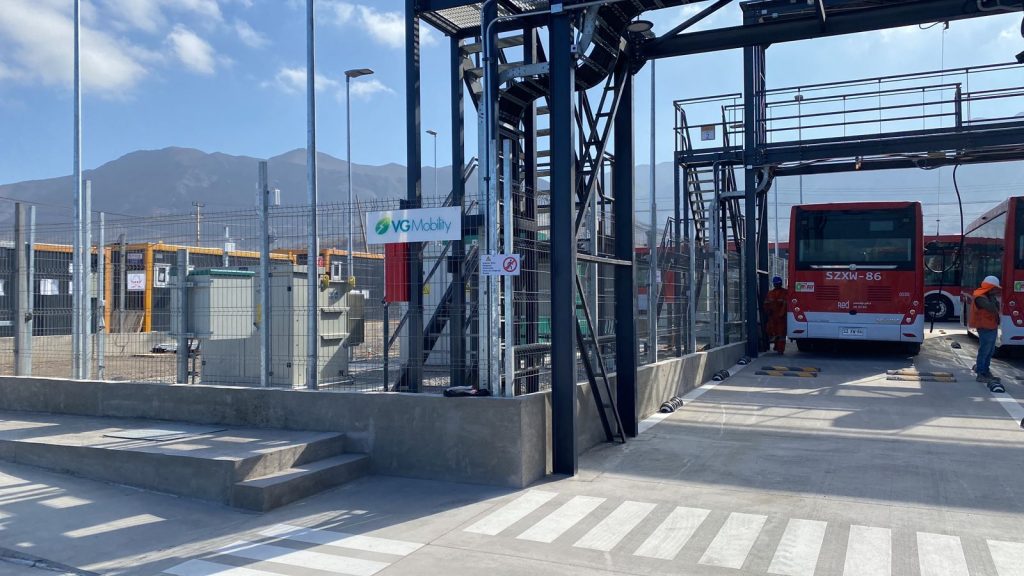
VG Mobility Inaugurates Regional Electric Mobility Project in Antofagasta, Chile

In a bid to champion sustainability and enhance public transportation in Antofagasta, Chile, 40 high-quality electric buses have been introduced as part of the inaugural regional electric mobility project outside the capital city.
Led by VGMobility in collaboration with Copec Voltex, Green Energy, and the Ministry of Transport and Telecommunications of Chile, this initiative marks a significant stride in the pursuit of cleaner and more efficient transportation solutions.

The operation of these state-of-the-art vehicles, equipped with the latest electric mobility technology, is the outcome of more than a year of collaborative effort. Thus, the dedication of VGMobility and its project partners reflects a collective endeavour to enhance connectivity, diminish greenhouse gas emissions, and improve the quality of life for Antofagasta residents.
Related content: VG Mobility: Pioneering Electric Mobility Through Integrated Solutions
VG Mobility for Sustainable Transportation
The deployment of these 40 electric buses signifies a notable progression toward embracing more environmentally friendly vehicles, setting a standard of excellence in regional public transportation.

Owned by VGMobility, these buses are tailored with user comfort and need in mind, featuring amenities such as air conditioning, wifi, universal accessibility, and USB chargers.
Nearly five million passengers are expected to utilize these electric buses annually, covering a route of approximately 20 kilometres. The enhanced travel experience will contribute to transportation efficiency and promote the adoption of more ecological alternatives within the community.
Moreover, this project aligns with VGMobility’s broader commitment to revolutionize transportation in Latin America through electric mobility solutions. With the inclusion of these 40 buses in Antofagasta, VGMobility’s total fleet now numbers 446 electric buses, operating from Bogotá, Colombia, to Antofagasta, Chile.

In conclusion, the collaboration between the private sector, represented by VGMobility and its allies, and government support through the Ministry of Transport and Telecommunications, underscores that electric mobility is not merely a future aspiration but an ever-expanding reality in Latin America.





